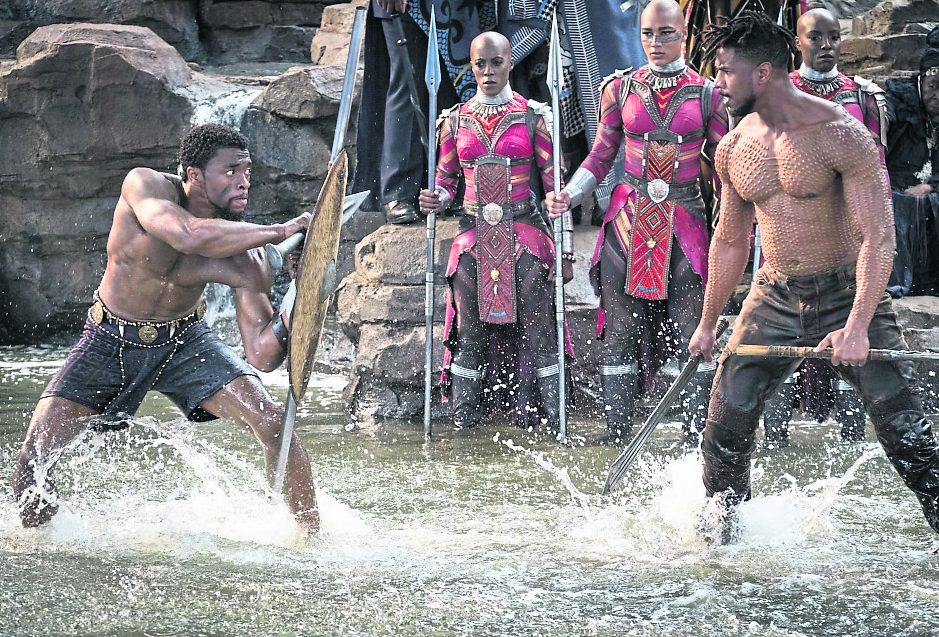Marvel’s new approach to its franchise is refreshing and sets a good example fro show business.
Following Marvel’s release of Black Panther in February and the success of films like Logan and Deadpool last year, it is time to acknowledge the change in direction of Marvel Comics’ film adaptations.
The Marvel Cinematic Universe may be different from the X-Men one consisting of Deadpool and Logan, but both seem to have found a new way of making their films. Black Panther was also a fresh take and has received critical acclaim for it.
Looking at Black Panther, Marvel’s newest hero, the film has a predominantly black cast and explores cultural issues that other Marvel films have not. The plot itself was brilliantly crafted with an excellent soundtrack to go with it. Even Black Panther’s critics cannot deny that the attention to detail in this film was extraordinary.
Vox Magazine described it as a “gorgeous ground breaking celebration of black culture” which is a testament to Marvel’s efforts to widen its cultural impact. It also has the profit figures to back it up, having already earned over £540m in the last month.
If you are to compare Marvel’s latest two heroes, Spider-Man and Black Panther who were both introduced in the Marvel crossover film Captain America: Civil War (2016), they follow different paths. Peter Parker (Spider-Man) is your every day teen bitten by a radioactive spider that gives him superpowers, original but typical, a series that has seen three different reboots since the turn of the century.
T’Challa (Black Panther) is the King of a secret African civilisation that is hiding advanced technology from the Western powers to keep its people safe. Already you can tell what feels fresher. Not that Spider-Man: Homecoming is bad, Kingston-born Tom Holland puts in a brilliant performance as the fan favourite. But it all feels like it has been done too many times before.
Some critics were beginning to find standalone movies such as X-Men: Apocalypse, Iron Man 3, and the Thor films repetitive and lacking a real direction. Starting with Logan (2017) and Deadpool (2016) this has begun to change with both films sporting a higher age rating which has perhaps given directors more freedom to explore.
In Logan, Patrick Stewart plays an ageing Professor Xavier suffering from Alzheimer’s which causes his powers to spiral out of control. We also have Wolverine, who was thought to be immortal, ageing and being hunted.
Even a brief analogy of this film tells you that more adult themes are being explored. Deadpool received critical praise and is the highest grossing R-rated film of all time with it earning over £540m world-wide. Logan was slightly off of that at £432m but it still comes in at fourth on that list.
Films with a higher age rating typically bring in less than those rated with simply adult supervision or U but these films, despite the change of themes, have still hit record breaking profits.
What this highlights again are Marvel’s willingness to make changes and make films that explore deeper issues within modern day society. Although the conventional films such as Spider-Man are still decent, it feels that these changes to the norm in the other films are making Marvel films even more intriguing.
Black Panther and Logan were incredibly well thought out films and despite the fun of Marvel’s previous films it can be agreed that some felt rushed in order to fit in with the Avengers series.
Marvel should continue in its new direction, with Black Panther a perfect example of how. Avengers: Infinty War is Marvel’s next release and it is said to feature the elements introduced in Black Panther heavily. Chadwick Boseman is set to have a starring role amongst the Avengers.

